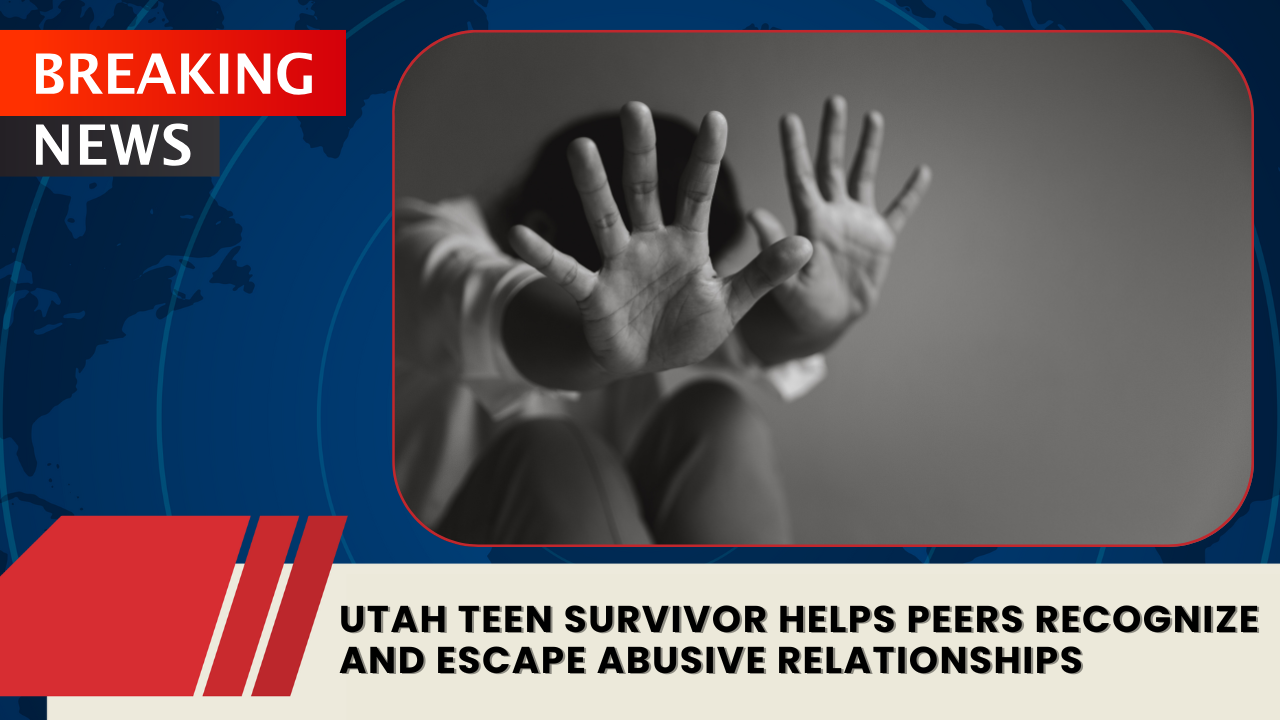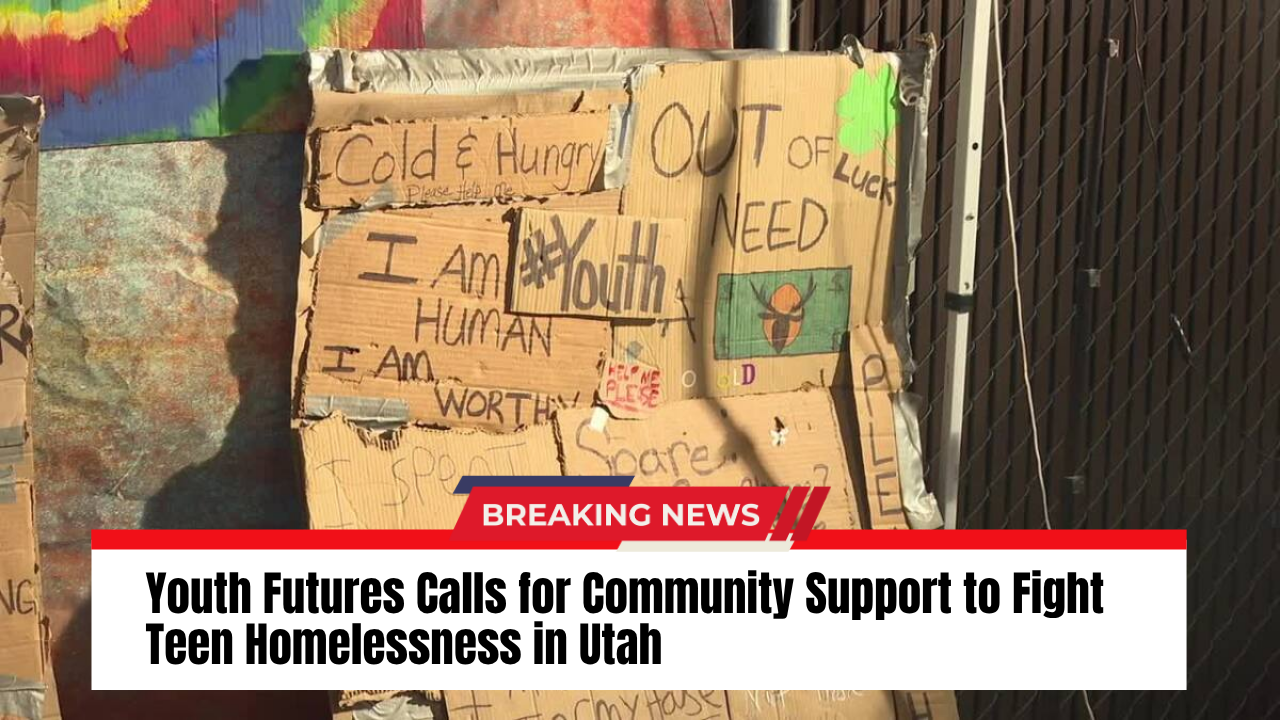SALT LAKE CITY — The United States Catholic Conference of Bishops has launched a comprehensive year-long campaign addressing mental health awareness, marking a significant institutional commitment to psychological wellness within faith communities.
Healing and Hope Campaign Unveiled
The U.S. Conference of Catholic Bishops announced the initiative in October, titled “Healing and Hope,” designed to amplify local conversations about mental health challenges facing congregations nationwide. The campaign represents the church’s recognition of growing mental health needs among parishioners and broader communities.
The USCCB has dedicated a website section to mental health resources, outlining a three-pronged approach for community engagement. This structured strategy aims to reach Catholics at multiple levels—from episcopal leadership to individual parish members.
Digital Outreach and Community Engagement
The campaign includes a new digital component featuring reflections and educational videos distributed through the USCCB’s social media platforms. This modern approach acknowledges how younger Catholics and tech-savvy believers consume information and seek spiritual guidance.
Additionally, the conference provides resources to help communities organize state-level mental health conferences. These gatherings create opportunities for bishops, clergy, and congregation members to discuss local mental health realities and share effective intervention strategies.
The initiative also designated Mental Health Sunday on October 12th, inviting Catholics nationwide to reflect and pray specifically on psychological wellness issues affecting their communities.
Local Implementation in Salt Lake City
Father Gabriel Mosher, pastor at St. Catherine’s in Salt Lake City, has already begun implementing the campaign’s vision by organizing a mental health conference for students on campus. His approach reflects the church’s holistic view of human wellness.
“When the church is trying to address this issue, at a fundamental level of our psychology, it’s trying to also help us with our moral life and spiritual life,” Father Mosher explained. “And aid the operation of grace to perfect all those things. And that’s why the church takes an interest in those things.”
Pastoral Resources Available
Father Mosher emphasized that mental health support remains accessible through traditional church channels. Individuals experiencing psychological difficulties can contact their local parishes directly to reach priests who can provide guidance or connect them with appropriate resources.
The church’s mental health framework integrates spiritual care with recognition of clinical psychological needs, acknowledging that faith communities can serve as both spiritual anchors and referral networks for professional treatment.
Addressing Social Disconnection
A key theme in Father Mosher’s mental health advocacy focuses on combating social isolation despite technological connectivity. He identified disconnection as a fundamental problem undermining community mental wellness.
“Sit down and be a friend,” Father Mosher advised. “One of the problems we have in our society today is the disconnectedness. You know, even though we have all these forms of connection, we are actually more disconnected at a fundamental human way.”
His observation reflects research showing that despite proliferating digital communication platforms, many Americans report increased loneliness and reduced meaningful social interaction. The campaign encourages face-to-face community building as essential mental health infrastructure.
Faith-Based Mental Health Integration
The Catholic Church’s approach to mental health represents an integration of psychological science with theological perspectives on human flourishing. Church leaders acknowledge that mental wellness connects intimately with moral formation and spiritual development.
This holistic framework distinguishes faith-based mental health initiatives from purely clinical approaches, offering spiritual context for psychological struggles while not dismissing the importance of professional psychiatric care when needed.
Broader Context of Religious Mental Health Efforts
The Healing and Hope campaign joins growing efforts by religious institutions to address mental health openly. Many faith communities have historically struggled with stigma surrounding psychological conditions, sometimes framing mental illness through purely spiritual lenses.
Contemporary religious leaders increasingly recognize that mental health challenges require both pastoral care and professional treatment. The Catholic Church’s national campaign signals institutional acknowledgment that psychological wellness deserves dedicated attention alongside traditional spiritual ministries.
Breaking Mental Health Stigma
By dedicating an entire year to mental health awareness, the USCCB aims to normalize conversations about psychological struggles within Catholic communities. This extended timeline allows for sustained engagement rather than one-time awareness events.
The campaign encourages Catholics to view mental health challenges with compassion rather than judgment, creating safer spaces for individuals to seek help without fear of religious condemnation or misunderstanding.
Creating Supportive Communities
Father Mosher’s emphasis on friendship and human connection highlights practical steps individuals can take to support mental wellness in their communities. The campaign recognizes that professional treatment works best when supplemented by strong social support networks.
Catholic parishes, with their built-in community structures and regular gatherings, offer natural settings for fostering the meaningful relationships that protect against mental health deterioration.
The Healing and Hope initiative represents the Catholic Church’s commitment to addressing mental health as a priority concern worthy of sustained institutional attention, theological reflection, and practical community action throughout the coming year.


